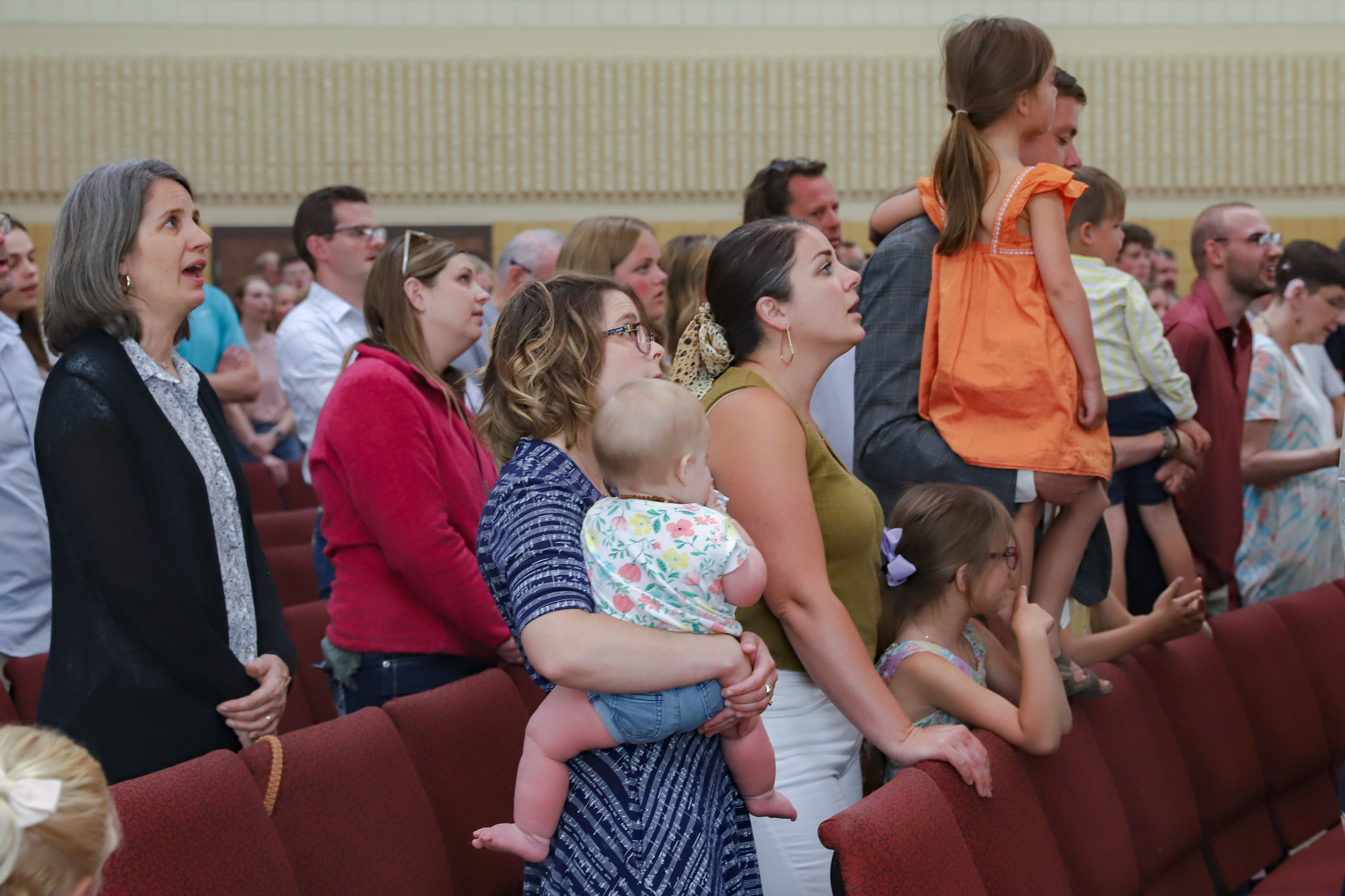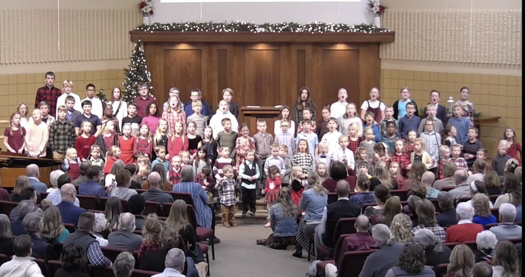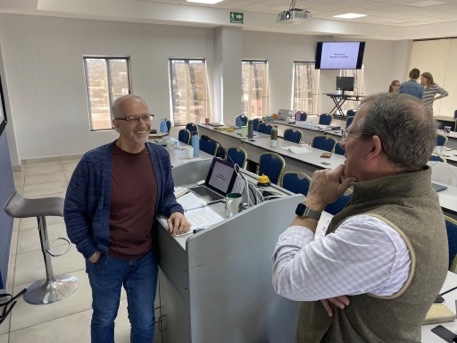Dec 16
2021
Stooping Down to Serve “the Least of These”
Children can feel like a real problem, can’t they? They are often hungry and remind us to feed them. They’re dangerous to themselves and others, and have to be continually protected and trained. When they’re very small, they can do almost nothing on their own. If you think about it, their bathroom, transportation, and food are taken care of completely by others. Total dependence.









